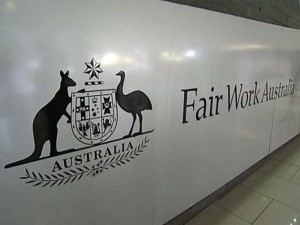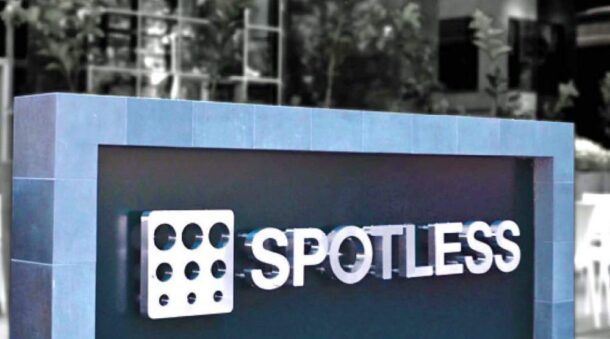
Labor has outlined its plans to replace the minimum wage with a living wage if elected.
Labor leader Bill Shorten, who announced the policy on Tuesday, said the living wage policy would directly benefit about 1.2 million Australians.
“A living wage should make sure people earn enough to make ends meet, and be informed by what it costs to live in Australia today – to pay for housing, for food, for utilities, to pay for a basic phone and data plan.”
Under the policy, Labor would amend the Fair Work Act to establish a two-step process to introduce a living wage. The first step would require the Fair Work Commission to consider what a living wage would be, taking advice from businesses and the community. It would also consider Australia’s social wage – the amount of tax people pay, and any family tax benefits or other transfers they receive.
The second stage of the policy would require the Fair Work Commission to consider the time frame over which the increase should be phased in, taking into account the capacity of businesses to pay, and the potential impact on employment, inflation and the broader economy.
The first living wage case would take place after the legislation passes parliament, with wage increases to be phased in from the July 1 after that review.
The living wage would not automatically flow through to award wages, but rather only apply to those receiving the national minimum wage. There would still be an annual wage review to determine award wages.
Building Service Contractors Association of Australia (BSCAA) national president George Stamas said an across-the-board wage increase would have a significant impact on the economics of cleaning.
“Cleaning is a labour intensive industry and the cleaning industry is one of the largest industries for employment in the country. This means that an across the board wage increase would have a significant impact on the economics of cleaning,” Stamas told INCLEAN.
“As it happens, the rates of pay for the majority of cleaners working in the contract cleaning sector are both competitive and attractive when compared to other unskilled labour opportunities.
“Having said that, the BSCAA recognises that overall growth in rates of pay has been a source of fierce debate in Australia. Some argue that our rates of pay are too high for us to compete in a global economy. Others argue that wage growth has stalled in recent years and this has acted as a handbrake on the economy.
“No one can think that increasing wages and superannuation contributions all in one period will have a zero effect on employment. The plain fact is that too big a jump in labour costs will doubtless lead to lower employment.
“BSCAA simply asks the advocates for significant increases in wages and superannuation to think carefully and take both the benefits and the downsides into account. The Australian economy is far from robust. That fact needs to be taken into account.”
While the move has been welcomed by the welcomed by the Australian Council of Trade Unions (ACTU), the Australian Small Business and Family Enterprise Ombudsman Kate Carnell said the proposal could impact many small businesses that are already operating on very low margins.
“Small business is the biggest employer of labour in Australia and therefore changes to the Fair Work Commission Annual Wage Review processes need to be very carefully thought through to avoid unintended consequences,”Carnell said.
“ATO data from 2017 shows that more than 54 per cent of small business owners had taxable incomes below the poverty line – they are paying their staff and their bills, with little left over to pay themselves.
“There are 2.2 million small businesses in Australia – 40 per cent of which employ staff. That is over 850,000 businesses that would have either have to absorb or pass on the increased costs of employing staff to their customers. If they can’t do this, employment will suffer.”
Carnell said many small businesses wouldn’t be able to compete with larger businesses.
“The Fair Work Commission currently conducts annual wage reviews through an independent process that takes into account a range of economic factors. This has delivered an increase to the minimum wage of 3.5 per cent last year and 3.3 per cent the year before – increases significantly ahead of CPI.
“We welcome the opportunity for further consultation and submissions with appropriate focus on the capacity of small businesses to pay and the potential impact on employment.”
Comment below to have your say on this story.
If you have a news story or tip-off, get in touch at info@3.106.117.80.
Sign up to INCLEAN’s newsletter.



